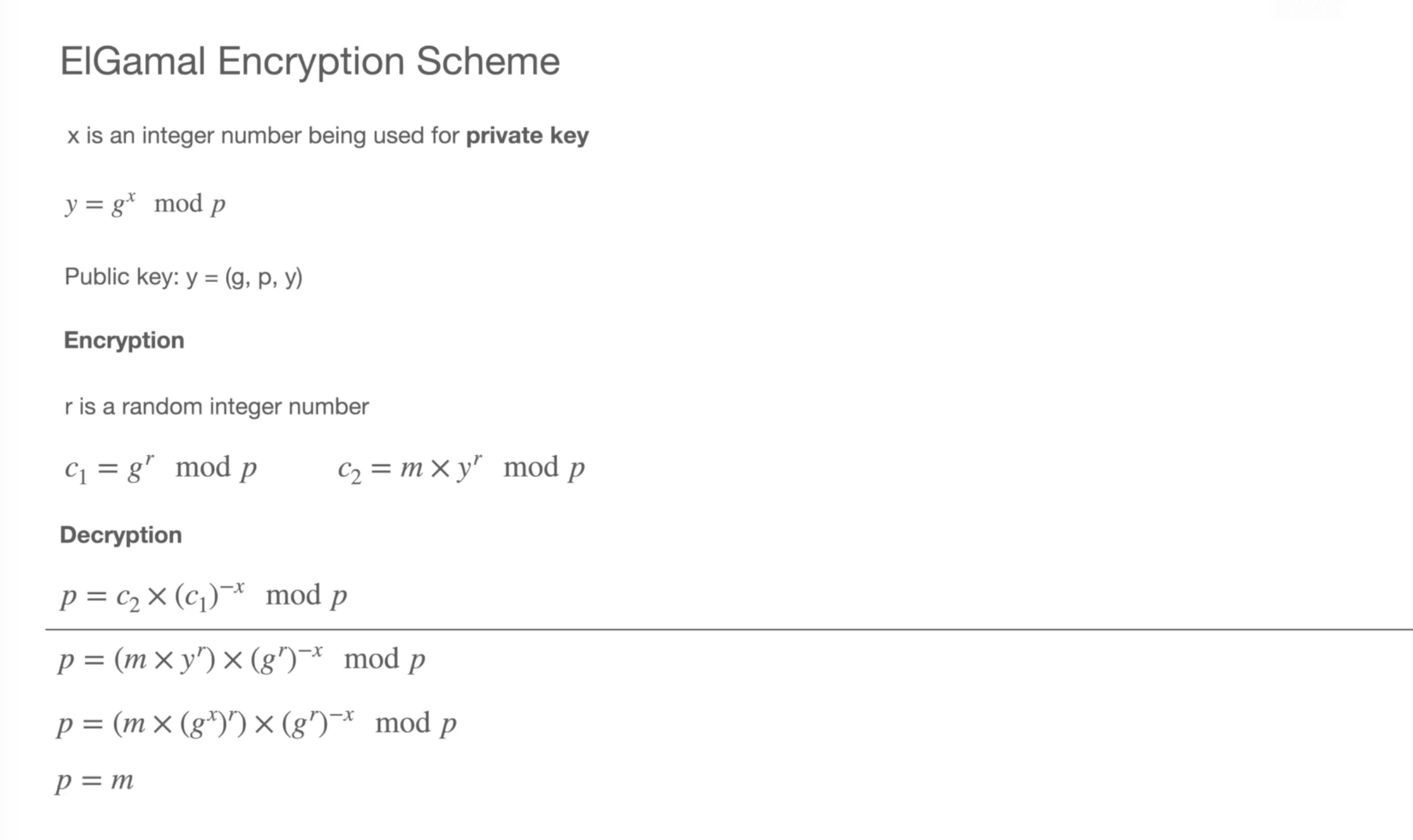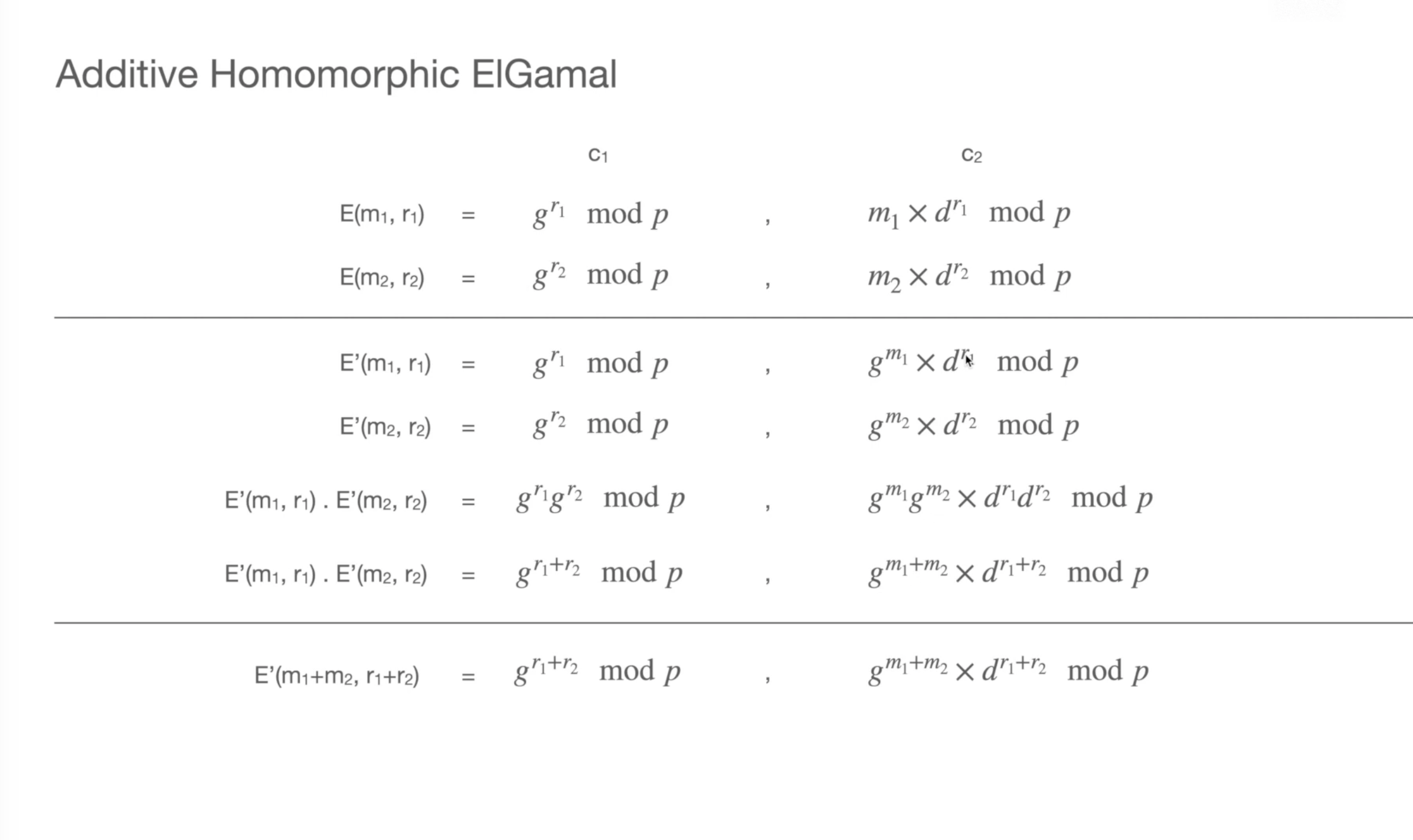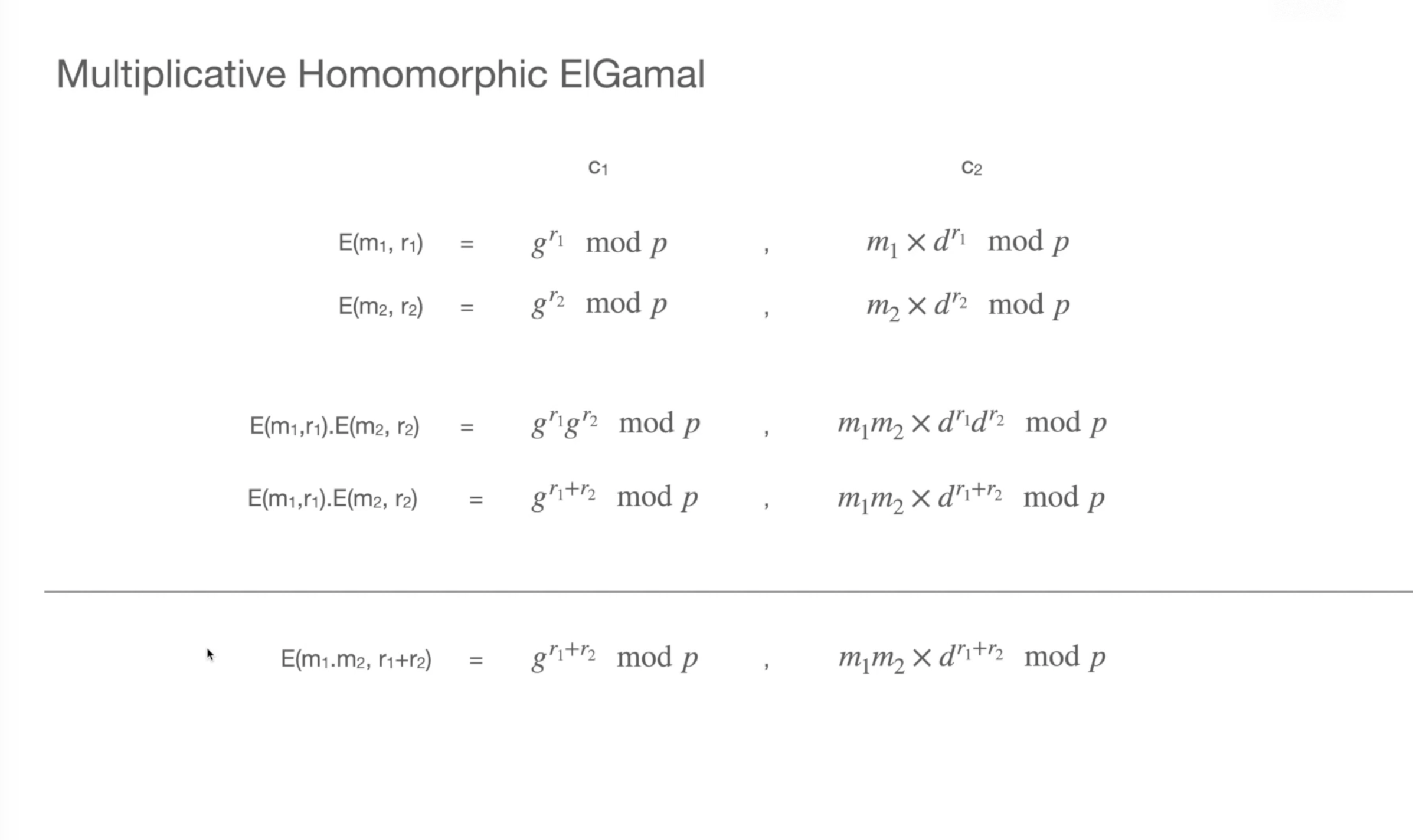This Python sandbox is an implementation of the Partially Homomorphic Encryption scheme using the ElGamal Cryptosystem. We first cover the key generation, encryption, and decryption, by following the mathematical principles behind the ElGamal’s Partially Homomorphic features, which allow for certain computations to be performed on encrypted data.
The phe-bee can perform two types of Homomorphic operations:
- Homomorphic Addition: Allows adding two encrypted values to get the encrypted sum or to add an encrypted value to a constant.
- Homomorphic Multiplication: Allows us to multiply an encrypted value by a constant to get the encrypted product.
This Python script demonstrates encryption using a prime number-based encryption scheme and performs homomorphic operations on the encrypted data. The script includes functions for encryption, decryption, and key generation, as well as examples of multiplicative and additive homomorphic operations.
The script requires the following dependencies:
primemodule: This module should be imported to generate prime numbers.randommodule: This module is used for generating random numbers.
To use the script, ensure that the prime module is available in the same directory as the script or in a location accessible to Python's module search path.
python phe-bee.sandbox.pyOR
python3 phe-bee.sandbox.pyfrom prime import *
import random
# Encryption function
def encrypt(m, r, exponential=False):
# ... implementation details ...
# Decryption function
def decrypt(c1, c2):
# ... implementation details ...
# Key generation
p = generate_random_prime_number(bits=1024)
g = random.randint(1, p-1)
x = generate_random_prime_number(bits=512) # private key
y = pow(g, x, p) # public key
# Encryption and decryption example
m = 100 # message to encrypt
r = random.randint(1, p-1) # random encryption number
c1, c2 = encrypt(m, r)
p = decrypt(c1, c2)
# Multiplicative homomorphic operations
m1 = 9
m2 = 11
r1 = random.randint(1, p-1)
r2 = random.randint(1, p-1)
m1_encrypted = encrypt(m1, r1)
m2_encrypted = encrypt(m2, r2)
h1 = encrypt(m1*m2, r1+r2)
h2 = m1_encrypted[0]*m2_encrypted[0] % p, m1_encrypted[1]*m2_encrypted[1] % p
# Additive homomorphic operations
m1_encrypted = encrypt(m1, r1, exponential=True)
m2_encrypted = encrypt(m2, r2, exponential=True)
h1 = encrypt(m1+m2, r1+r2, exponential=True)
h2 = m1_encrypted[0]*m2_encrypted[0] % p, m1_encrypted[1]*m2_encrypted[1] % pThis function performs encryption on a given message m using a random encryption number r. The encryption is based on a prime number-based scheme.
m: The message to encrypt.r: The random encryption number.exponential(optional): A boolean flag indicating whether to use exponential encryption. Default isFalse.
Returns a tuple (c1, c2) representing the encrypted message.
This function performs decryption on a given pair of ciphertexts c1 and c2 using the private key x.
c1: The first part of the ciphertext.c2: The second part of the ciphertext.
Returns the decrypted message.
This function generates a random prime number with the specified number of bits.
bits: The number of bits for the prime number.
Returns the generated prime number.
The script includes an example that demonstrates the usage of the encryption and homomorphic operations.
# Key generation
p = generate_random_prime_number(bits=1024)
g = random.randint(1, p-1)
x = generate_random_prime_number(bits=512)
# private key
y = pow(g, x, p) # public key
# Encryption and decryption example
m = 100 # message to encrypt
r = random.randint(1, p-1) # random encryption number
c1, c2 = encrypt(m, r)
p = decrypt(c1, c2)
# Multiplicative homomorphic operations
m1 = 9
m2 = 11
r1 = random.randint(1, p-1)
r2 = random.randint(1, p-1)
m1_encrypted = encrypt(m1, r1)
m2_encrypted = encrypt(m2, r2)
h1 = encrypt(m1*m2, r1+r2)
h2 = m1_encrypted[0]*m2_encrypted[0] % p, m1_encrypted[1]*m2_encrypted[1] % p
# Additive homomorphic operations
m1_encrypted = encrypt(m1, r1, exponential=True)
m2_encrypted = encrypt(m2, r2, exponential=True)
h1 = encrypt(m1+m2, r1+r2, exponential=True)
h2 = m1_encrypted[0]*m2_encrypted[0] % p, m1_encrypted[1]*m2_encrypted[1] % pIn the example, a prime number p and a random integer g are generated for key generation. The private key x and public key y are derived from these values. Then, a message m is encrypted using a random encryption number r, and the ciphertext is decrypted back to the original message. The example also demonstrates multiplicative and additive homomorphic operations on encrypted messages.


